
If the country is to develop into West Africa’s maritime hub, then it will largely depend on transparency in our port operations as well as developing physical infrastructure, maritime stakeholders have cautioned.
This was highlighted at a maritime stakeholders forum on the competitiveness of Ghana’s seaborne trade, organised under the theme ‘Streamlining Ghana’s Maritime Transport and Logistics Sector for Transparency, Efficiency and Competitiveness’.
It is for this reason that the Minister for Transport, Joseph Bukari Nikpe, said opaque processes, hidden charges and inefficiencies undermine investor confidence and are eroding our competitiveness.
This comes against a backdrop of stakeholders citing persistent problems despite recent developments geared toward port expansion and digitisation projects. Discretionary practices in cargo inspections, inconsistent fees and limited visibility of service charges remain common.
Bodies such as the Ghana Union of Traders Association (GUTA) have repeatedly raised concerns that non-transparent costs are neutralising gains from systems such as the paperless port initiative and Ghana Integrated Customs Management System (ICUMS).
Consequently, as the Ministry of Transport has acknowledged existing gaps and pledged to streamline procedures, harmonise agency roles and review port levies in collaboration with the Ministry of Finance and Ghana Revenue Authority, a new Legislative Instrument to operationalise the Ghana Shippers’ Authority Act, 2024 is also under consultation to provide a clearer regulatory framework.
The call for greater transparency reflects international trends. The World Bank’s 2023 Logistics Performance Index shows that countries with clear and predictable border and Customs systems record up to 40 percent faster cargo dwell times than those with opaque procedures.
Top performers such as Singapore and the Netherlands combine digital platforms with strong governance frameworks, enabling them to handle annual container volumes exceeding 30 million TEUs with minimal delays.
By contrast, a 2022 UNCTAD report estimated that hidden costs and inefficiencies at African ports add between 10 and 30 percent to the final price of goods.
For Ghana, analysts say, this undermines not only its cost-competitiveness but also its role in regional supply chains – especially under the African Continental Free Trade Area (AfCFTA).
The post Editorial: Hidden costs and inefficiencies at ports hampering competiveness appeared first on The Business & Financial Times.
Read Full Story
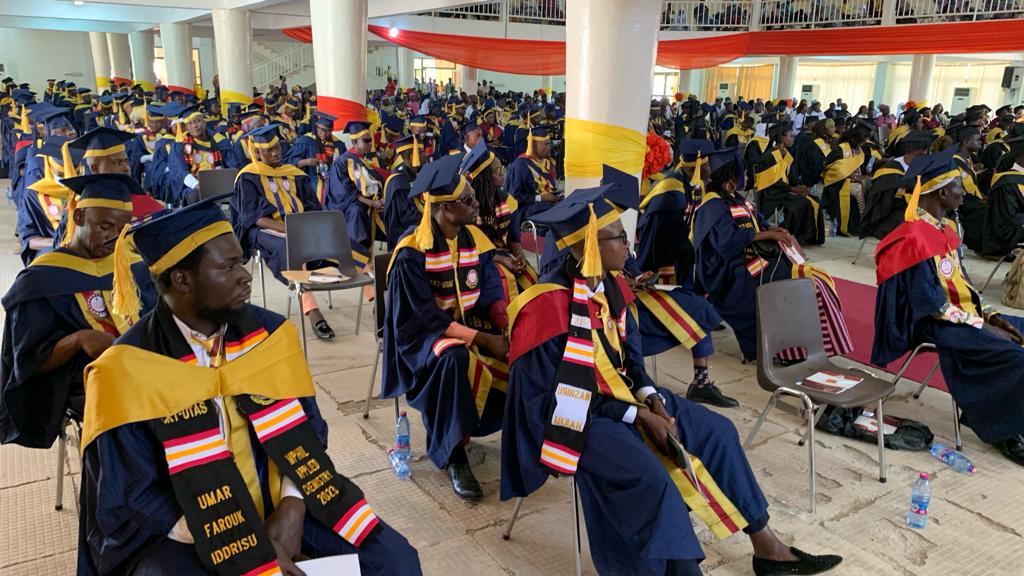
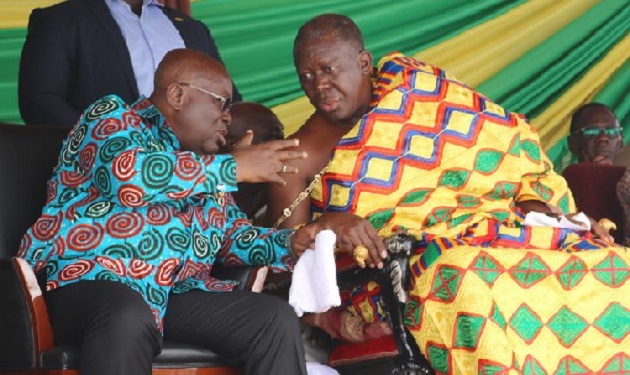

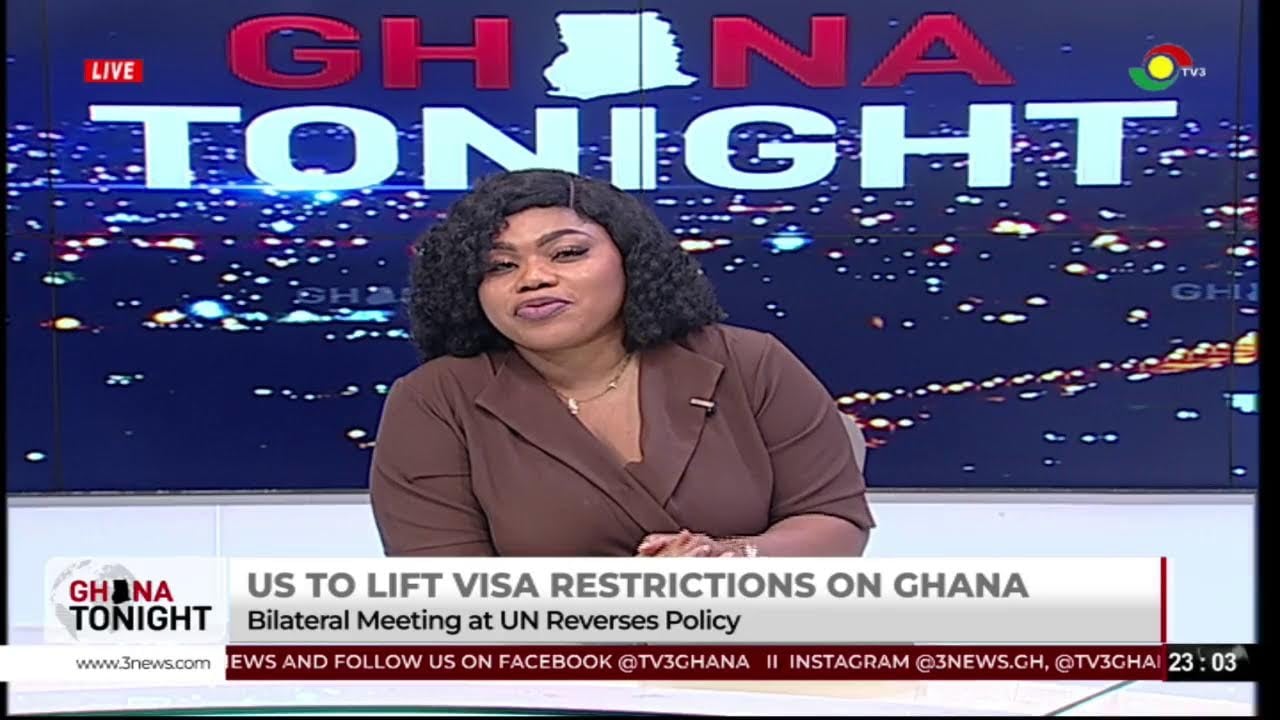
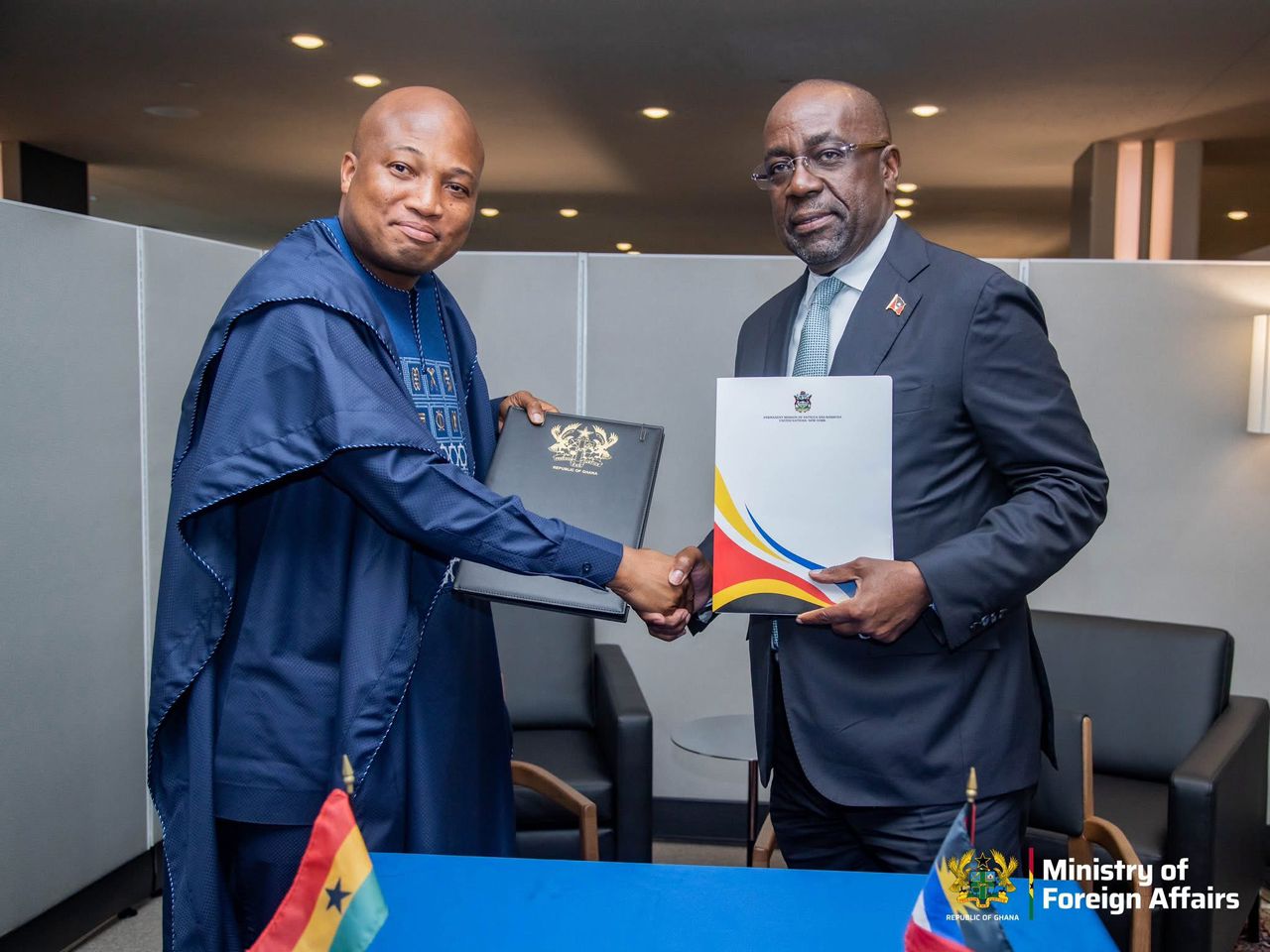
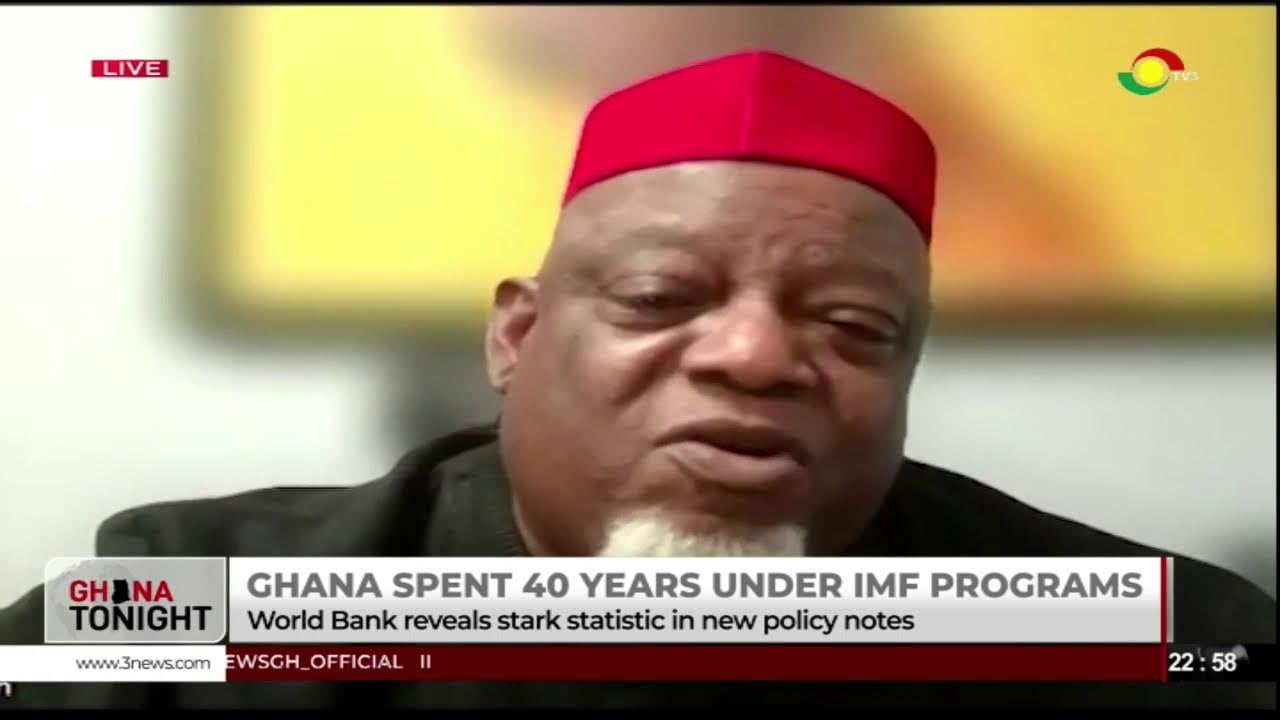

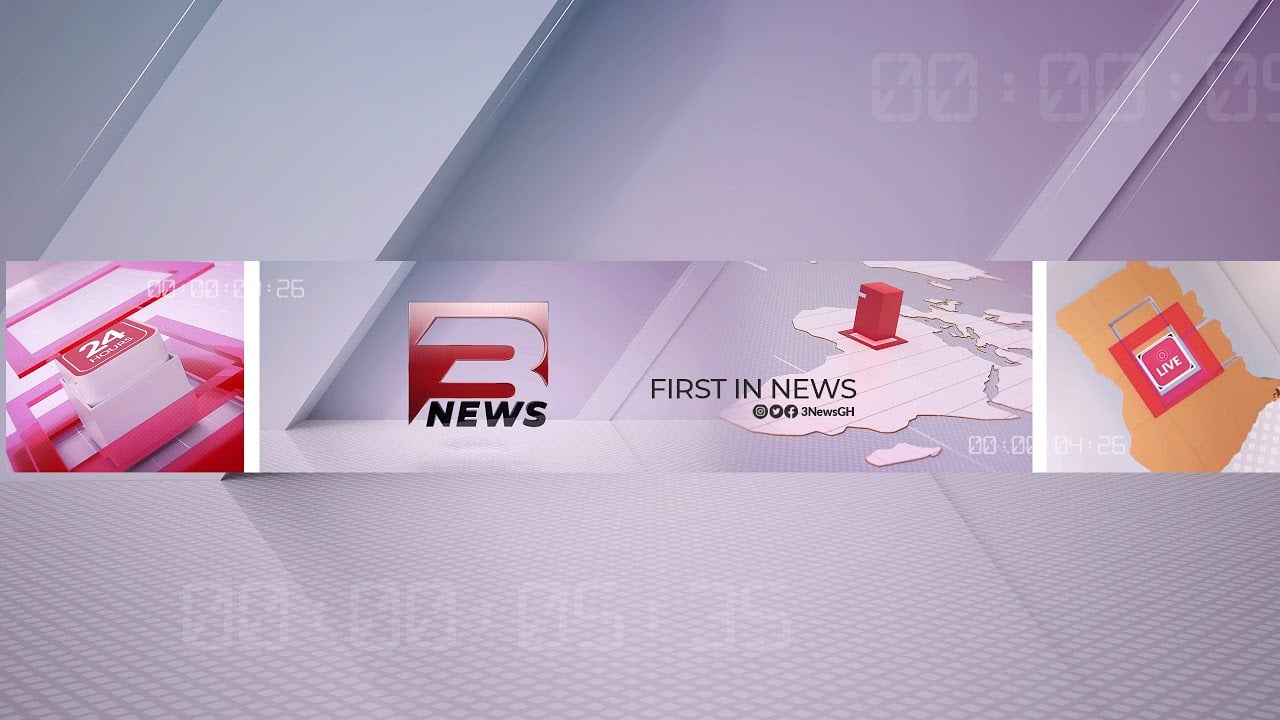



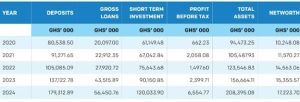




Facebook
Twitter
Pinterest
Instagram
Google+
YouTube
LinkedIn
RSS